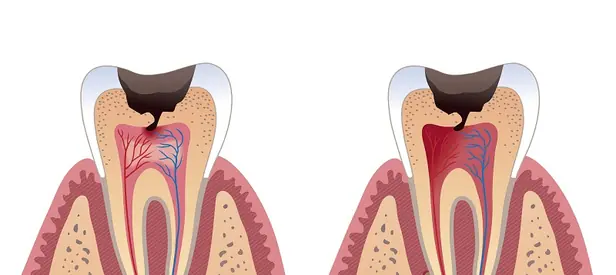
The Universe Could Undergo A ‘Catastrophic Change’ That Could Alter Absolutely Everything, Quantum Machine Warns
In a groundbreaking experiment, physicists have simulated a theoretical event that could reshape the very structure of the universe. Using an advanced quantum machine, researchers have modeled a process known as false vacuum decay—a concept that suggests our universe might not be as stable as it appears. If this theoretical transition were to occur, it could radically alter the fundamental laws of physics, restructuring reality in an instant.
The study marks a major step toward understanding the delicate balance of our cosmos. Scientists have long debated whether the universe exists in a true or false vacuum state. A false vacuum would mean that the universe only appears stable but is actually on the brink of a more energetically favorable configuration. If a shift to a true vacuum were to happen, the very constants of physics could change, leading to consequences beyond human comprehension. While the likelihood of this occurring remains uncertain, physicists are racing to understand the process and its implications.
The False Vacuum Hypothesis: Is the Universe on the Brink of Change?
The idea that the universe may exist in a false vacuum was first proposed nearly 50 years ago by quantum physicists exploring the nature of vacuum states in quantum field theory. According to this hypothesis, the universe currently resides in a metastable state—one that is not the lowest possible energy configuration but remains stable due to energy barriers preventing an easy transition to a more stable state. However, under the right conditions, these energy barriers could be overcome, triggering a catastrophic phase transition.
“We’re talking about a process by which the universe would completely change its structure,” said Professor Zlatko Papic from the University of Leeds, the lead author of the study. “The fundamental constants could instantaneously change and the world as we know it would collapse like a house of cards. What we really need are controlled experiments to observe this process and determine its time scales.”
This potential transition would start with bubble formation, similar to how bubbles of steam form in boiling water. These bubbles of true vacuum would expand at nearly the speed of light, consuming everything in their path and transforming the nature of the universe itself. Despite these alarming possibilities, scientists remain uncertain whether such an event is inevitable, purely theoretical, or something that could occur trillions of years from now. The new quantum simulation provides a critical step forward in understanding this possibility at a deeper level.
How Scientists Simulated a Potential Cosmic Shift
To explore this theory, researchers turned to a high-powered quantum annealer, a specialized quantum computing system designed to solve complex optimization problems. By configuring the quantum machine, they were able to mimic the behavior of vacuum bubbles forming and interacting in a false vacuum. This experimental setup provided valuable insights into how such a transition might unfold on a cosmic scale.

The researchers were able to control the system to artificially induce a transition from a false vacuum state to a true vacuum state, allowing them to observe the mechanics of vacuum decay in a way never before possible. Jean-Yves Desaules, a co-author of the paper, explained the phenomenon using an analogy:
“This phenomenon is comparable to a rollercoaster that has several valleys along its trajectory but only one ‘true’ lowest state, at ground level. If that is indeed the case, quantum mechanics would allow the Universe to eventually tunnel to the lowest energy state or the ‘true’ vacuum, and that process would result in a cataclysmic global event.”
This experiment allowed physicists to track the evolution of vacuum bubbles, their interactions, and how they might coalesce into larger expanding regions—all on a controlled, small scale. By understanding these mechanisms, scientists can now refine their models of cosmic evolution and assess the long-term stability of the universe.
Could False Vacuum Decay Have Already Happened?
While the idea of a sudden cosmic shift may seem far-fetched, some scientists theorize that similar transitions could have already occurred in the past. The Big Bang itself is thought to have been a transition from one vacuum state to another, where the early universe underwent rapid inflation due to an unstable vacuum state collapsing into a new, more stable configuration. If true, this suggests that vacuum decay is not just a theoretical concern but a fundamental process shaping the cosmos.
Another intriguing possibility is that vacuum decay may have already begun in some distant part of the universe. Since bubbles of true vacuum would expand at the speed of light, we would have no way of detecting their approach until they were upon us. This chilling notion underscores the importance of continued study into quantum mechanics and cosmic evolution.
Additionally, theories in multiverse cosmology suggest that our universe may be just one of many within a greater quantum landscape. If some universes are more stable than others, vacuum transitions could occur frequently across the multiverse, potentially influencing the evolution of parallel realities. While purely speculative, these ideas push the boundaries of what we know about existence itself.
The Bigger Picture: What This Means for Cosmology and Physics
The ability to simulate vacuum transitions in a controlled setting represents a major step forward in our understanding of the cosmos. While the false vacuum hypothesis remains speculative, studies like this help refine our grasp of fundamental physics and the laws governing the universe.
By studying vacuum states in quantum systems, physicists are also opening the door to practical advancements in quantum computing, energy research, and materials science. The insights gained from these experiments could contribute to the development of new quantum technologies, with applications reaching far beyond theoretical cosmology.
Additionally, this research has sparked discussions about the future of scientific exploration. If vacuum decay is a real possibility, what measures—if any—could be taken to predict or prevent it? Some theorists suggest that future civilizations with highly advanced technology might develop ways to stabilize vacuum states or even manipulate quantum energy landscapes to extend the lifespan of the universe.
Looking Ahead: What’s Next for Quantum Research?
The findings from this study have laid the groundwork for further research into false vacuum decay and quantum field theory. Moving forward, scientists plan to conduct more sophisticated simulations, leveraging improvements in quantum computing to refine their models.
“The longer we follow its orbit, the more accurate our future predictions of its trajectory become,” noted Colin Snodgrass, a professor of planetary astronomy. This same principle applies to vacuum decay research—the more we observe, the closer we come to understanding the true nature of the universe.
With further research, we may eventually determine whether the false vacuum hypothesis is a real cosmic threat or simply an abstract feature of quantum mechanics. Either way, the ability to simulate and study these processes marks a pivotal moment in modern physics.
The research was published in Nature Physics under the title “Stirring the false vacuum via interacting quantized bubbles on a 5564-qubit quantum annealer.”
News in the same category

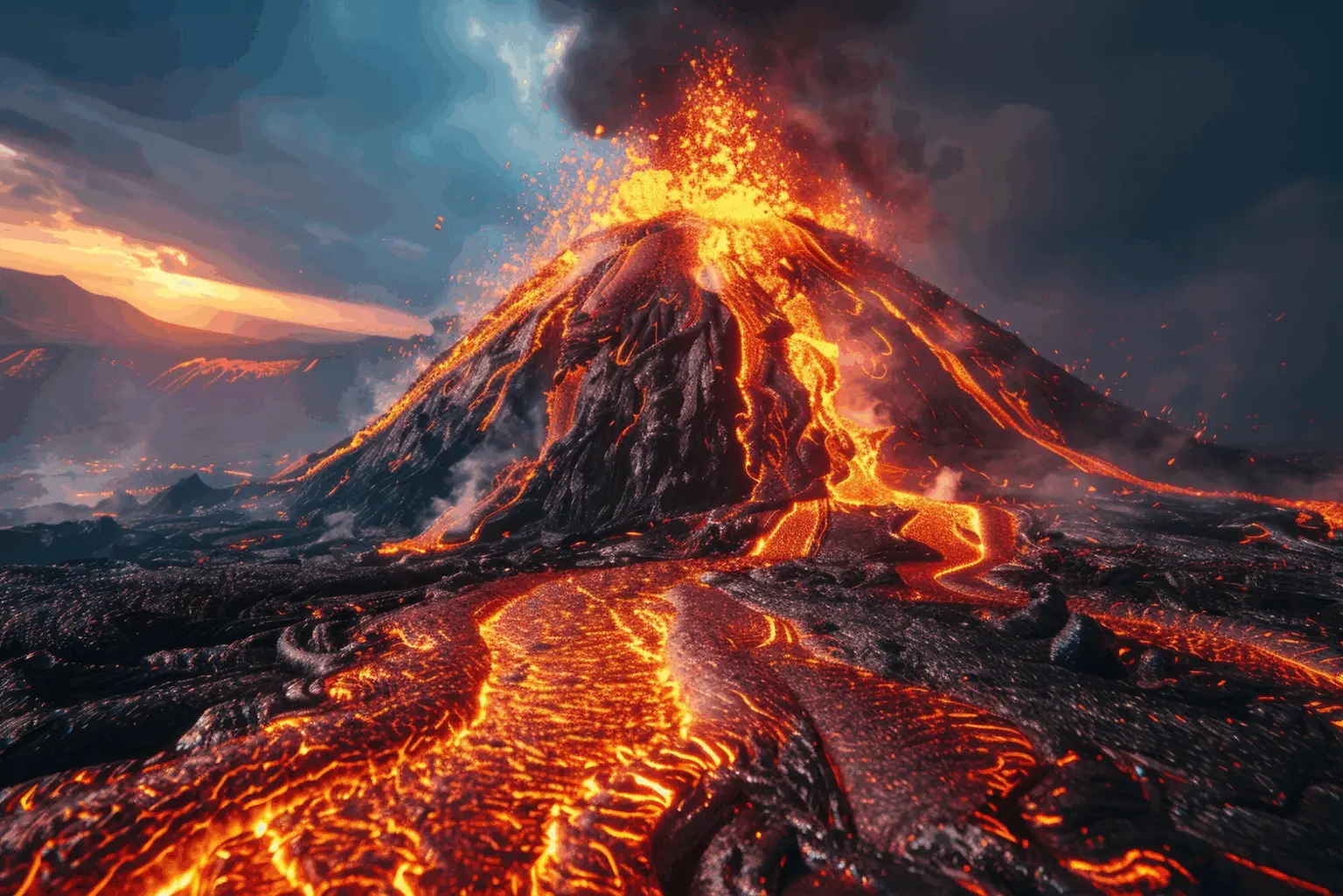
Mount Rainier’s Glacier-Capped Peak Poses Lahar Threat To Millions—Authorities On High Alert
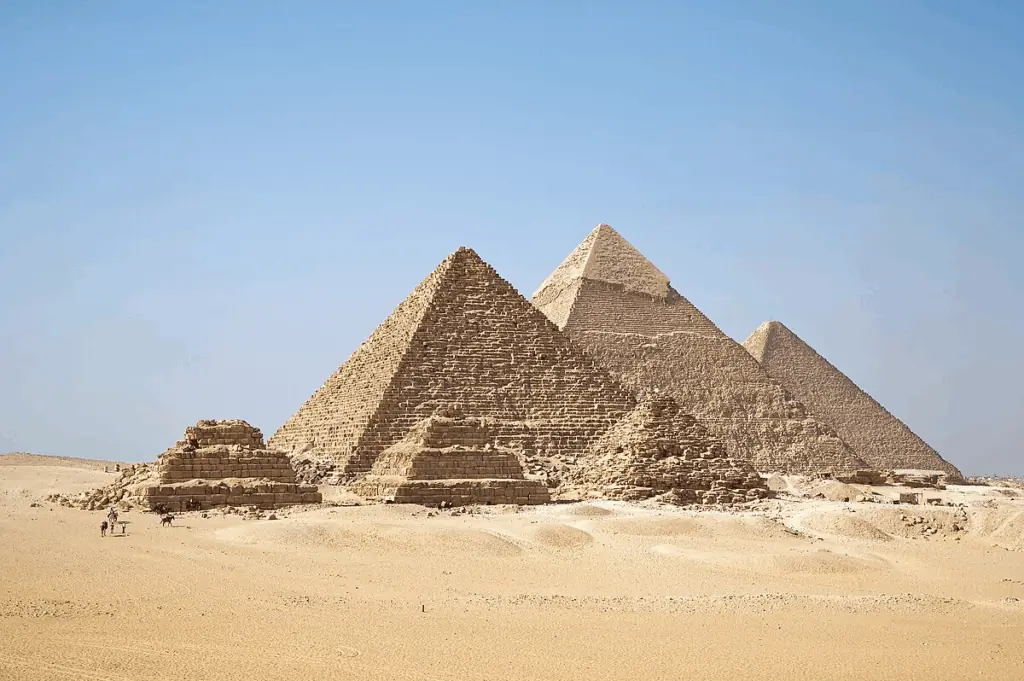
Experts Clash Over Claims Of Vast Underground City Beneath Pyramids — Discovery Sparks Global Debate

Is Death an Illusion? Quantum Physics Offers a Surprising Perspective

7 Signs Of Intestinal Parasites Living Inside Your Body
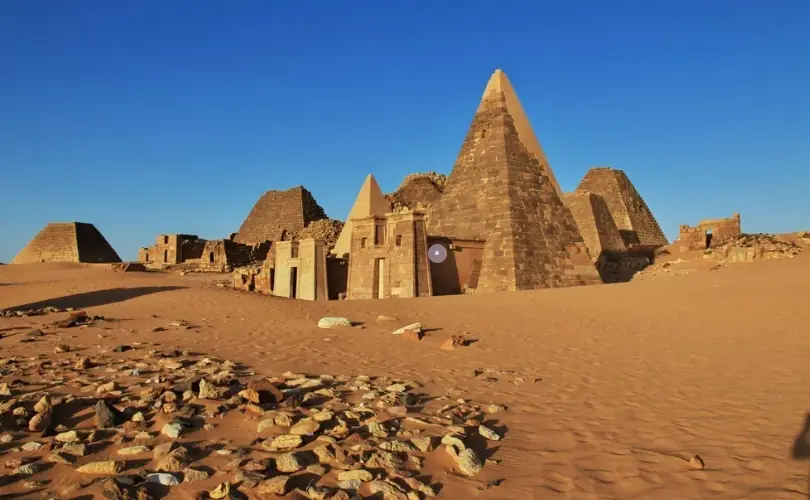
This 4,500-Year-Old Scroll May Have the Answer to Who Built the Pyramids

how to eat eggs

7 proofs that Jesus really existed
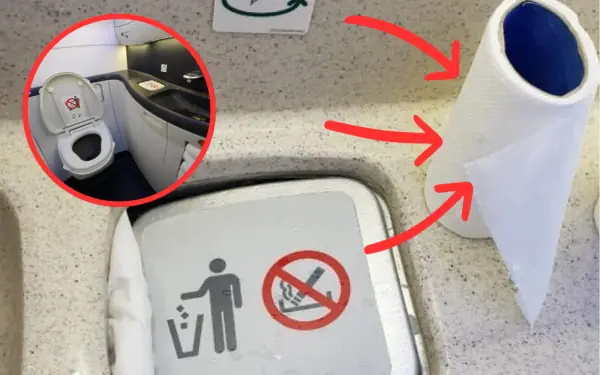
Never use toilet paper on an airplane

Eggs should not be stored in the refrigerator door

Actually it is
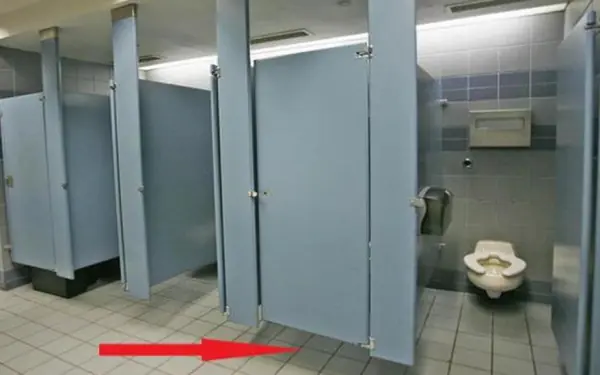
Why are public toilet doors always left open?

In Japan, the sink is built above the toilet for washing hands for what purpose?
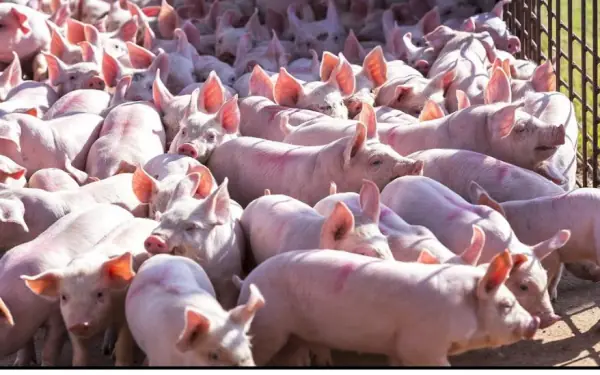
Why the U.S. Leads in Pig Farming but Pork Isn’t Popular

The interesting secret behind the super-large "holes" in the middle of high-rise buildings in Hong Kong

Many people still think the blue part of the eraser can erase ballpoint pen ink

Don't Drink Coconut Water
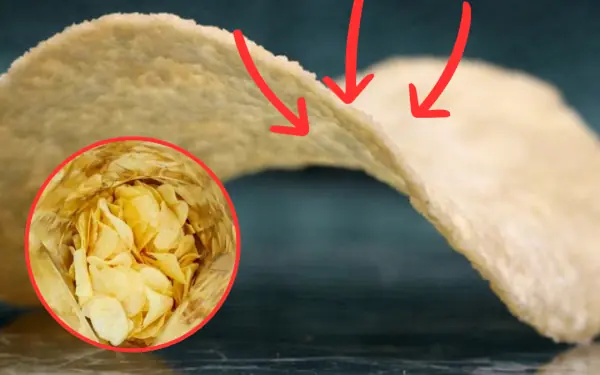
Many people still don't know why potato chips have this curved shape.
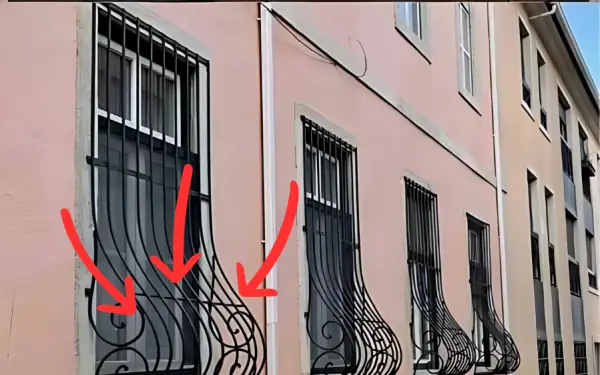
Most people don't know the reason
News Post

Eating Leftovers from the Fridge, a 50-Year-Old Man Dies: 5 Foods You Should Never Leave Overnight—If Leftover, Just Throw Them Away

Child Dies After Biting and Breaking a Thermometer—You Must Know What to Do When a Thermometer Breaks

Purple Dead Nettle (Lamium purpureum): A Wild Ally for Circulation and Heart Health

After Reading This, You’ll Always Carry a Lemon with You—It Might Save Your Life Someday

We Are Living in a Moment That No Human Before Us Has Ever Witnessed—An Actual Photograph of a Sunset on Mars

Mount Rainier’s Glacier-Capped Peak Poses Lahar Threat To Millions—Authorities On High Alert

Urgent warning after girl is blinded from household product

MY DYING NEIGHBOR CALLED ME AND ASKED ME TO VISIT HER URGENTLY – THEN GAVE ME HER SECRET WOODEN BOX

I WOKE UP TO FIND MY FLAG GONE—AND A $20 BILL ON MY DOORSTEP

I TOOK MY NEPHEW TO THE FARM TO TEACH HIM A LESSON—BUT HE ENDED UP TEACHING ME ONE

Caring for our newborn meant missing dinner—my husband didn’t save me a plate

During the funeral, a crow lands on the little girl’s coffin

What This Oncologist Notices First in Most Cancer Patients Might Surprise You

Why you should never flush ticks in the toilet

Vaseline and Lemon: An Inexpensive and Effective Skincare Remedy

Eliminate Plantar Warts with These Natural Garlic Remedies

Experts Clash Over Claims Of Vast Underground City Beneath Pyramids — Discovery Sparks Global Debate
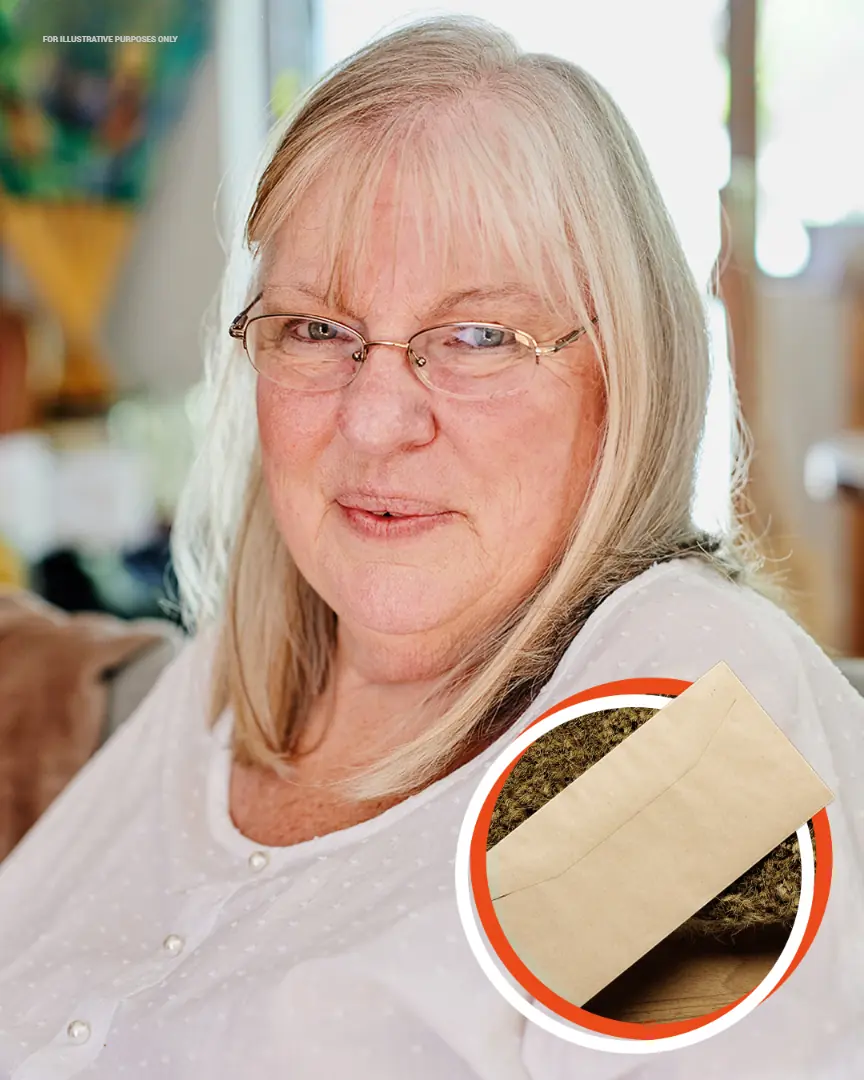
My Neighbor Tried to Kick Me out of My Own Home, Until I Found a Note That Said 'You Need to Know the Truth About Your Husband' — Story of the Day

The Essential Guide to B Vitamins: Benefits, Types, and How to Get Enough
